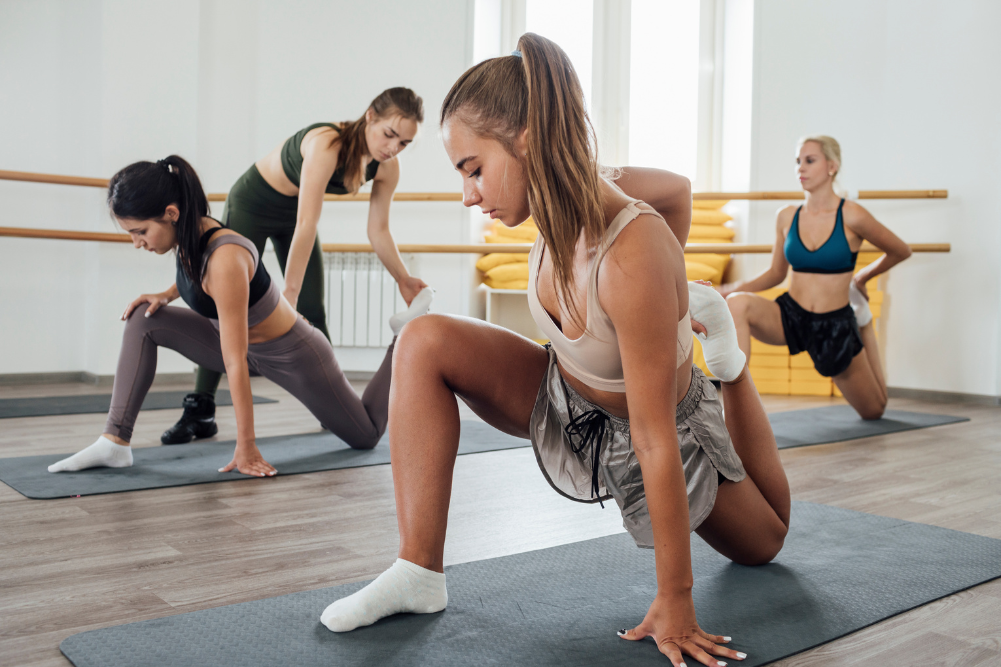Exercise in mid-life is not the answer to cognitive fitness
There has been a growing consensus that physical activity reduces the risk of Alzheimer’s disease.
However this link is based mainly on cross-sectional studies that compare responses from one group of participants with the responses of another group at a given point of time or within a short duration of time. These studies do not involve any follow up and cannot establish causation due to reverse causation – a possibility that people who eventually develop dementia may reduce their physical activity and exercise.
And for that reason, a longitudinal study is needed which looks at the same group of participants over a long period of time.
In 2008 the research team administered cognitive tests and used the participants’ medical records through 2011. They identified 28 or 4.5 per cent of the participants to have Alzheimer’s.
A study by researchers from Johns Hopkins Bloomberg School of Public Health tracked the activity level of 646 adults over 30 years to determine whether physical activity in midlife is associated with late-life cognition and dementia.
The researchers examined data from the Johns Hopkins Precursors study which enrolled participants between 1948 and 1964 and tracked them with annual questionnaires about their physical limits and physical activity.
Due to the homogeneity of the cohort (students from the same medical school), differences in physical activity and later cognitive function could not be associated to any other differences amongst the participants.
Every several years a questionnaire asked the participants about their exercise, physical activity and physical limitation. The researchers used the responses from when the participant’s median age was 46 years in 1978 through to 2008 when their median age was 77 years, to calculate metabolic equivalents of physical activity levels.
Participants were also asked if they regularly exercise to a sweat.
In 2008 the research team administered cognitive tests and used the participants’ medical records through 2011. They identified 28 or 4.5 per cent of the participants to have Alzheimer’s.
The researchers found that no mid-life physical activity was associated with late-life cognitive fitness or onset of dementia.
The researchers also found that regular exercise is 2006 was associated with better cognition in 2008 confirming other studies that exercise helps to maintain cognitive function over a short period of time.
The researchers also looked for any association between changes in the levels of physical activity over life span and cognitive health and found no such links.
The findings of this study suggests that physical activity in mid-life may not help maintain cognitive health or avoid the onset of dementia and Alzheimer’s disease over the long run.
Physical activity and exercise has many benefits for our health including improving blood flow into our brain which is linked to better cognitive function. Also, mouse studies have shown that exercise reduces the accumulation of B-amyloid plaques which is thought to play a role in dementia and Alzheimer’s disease, leading to the conclusion that physical activity reduces the risk of Alzheimer’s disease but only in the short term.
For now researchers believe that exercise is not a long-term preventative method for Alzheimer’s but they need more longitudinal studies to identify factors which will contribute to the preventions of cognitive decline in older adults.
Source: Journal of Alzheimer’s Disease








